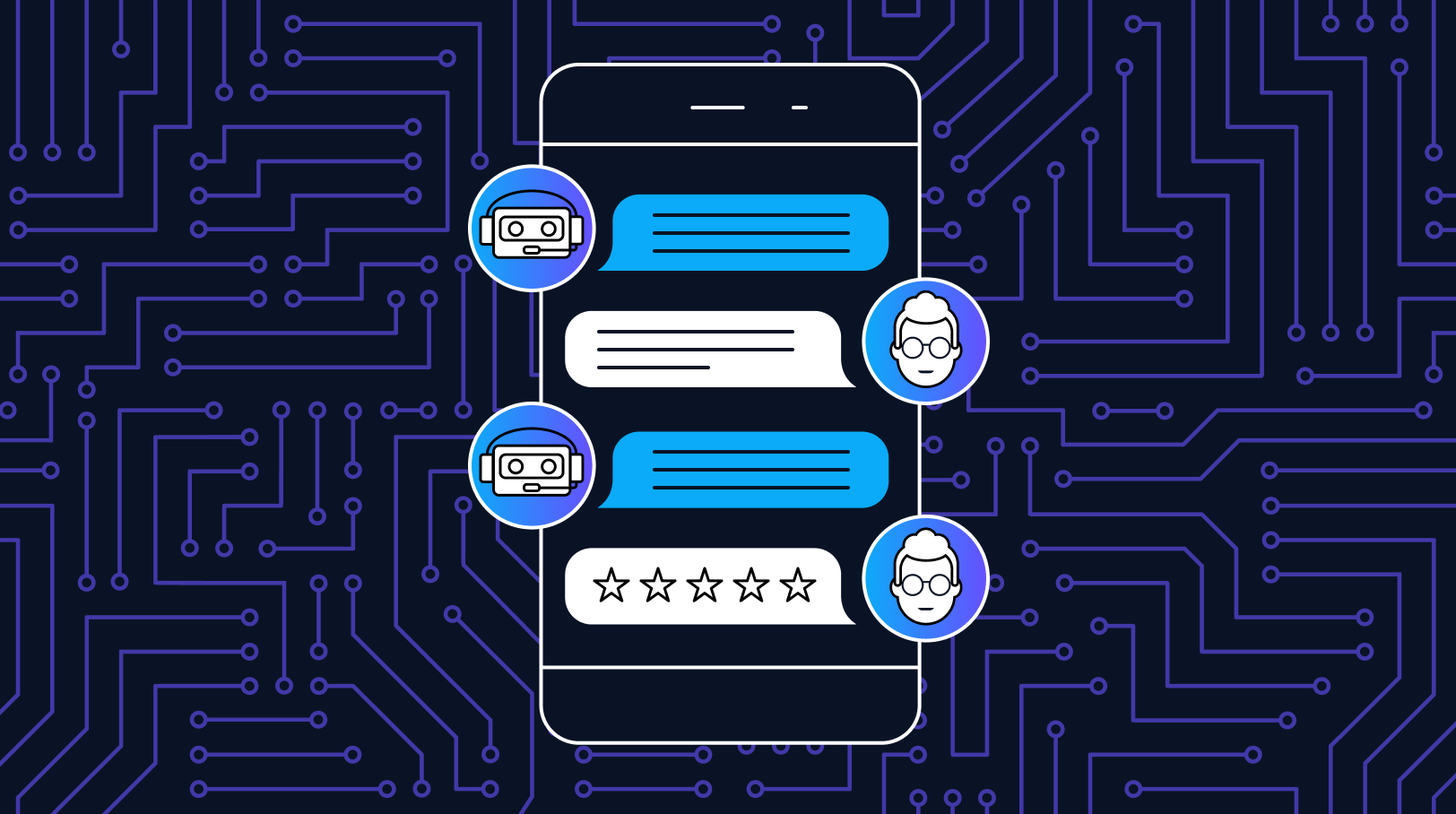In today’s fast-paced digital world, businesses are constantly looking for innovative ways to enhance customer service and support. One technology that has gained significant popularity in recent years is chatbots. Chatbots, powered by artificial intelligence (AI), are revolutionizing the way companies interact with their customers, providing a seamless and efficient customer service experience. In this article, we will explore the role of chatbots in customer service and support and the numerous benefits they bring to both businesses and customers.
What are Chatbots?
Chatbots are computer programs designed to simulate human conversation through text or voice interactions. They leverage natural language processing (NLP) and machine learning algorithms to understand and respond to customer queries in real-time. Chatbots can be deployed on various platforms such as websites, messaging apps, and social media platforms, allowing businesses to engage with customers wherever they are.
24/7 Availability
One of the key advantages of chatbots in customer service is their ability to provide round-the-clock support. Unlike human agents who have limited working hours, chatbots can be available 24/7, ensuring that customers receive assistance at any time of the day or night. This is particularly crucial for businesses with global operations or customers in different time zones. Chatbots eliminate the frustration of waiting for customer support by providing instant responses, enhancing customer satisfaction and loyalty.
Efficiency and Scalability
Chatbots are capable of handling multiple customer queries simultaneously, making them highly efficient and scalable. Unlike human agents who can handle only a limited number of conversations at a time, chatbots can engage in numerous interactions concurrently. This enables businesses to manage high volumes of customer inquiries without compromising response times. Chatbots can also handle repetitive tasks, such as providing product information or processing simple transactions, freeing up human agents to focus on more complex and value-added activities.
Personalized and Contextualized Interactions
Through AI-powered algorithms, chatbots can analyze and understand customer data, enabling them to provide personalized and contextualized interactions. By leveraging customer information, purchase history, and preferences, chatbots can deliver tailored recommendations and solutions. This personalization enhances the customer experience by making interactions more relevant and meaningful. Customers feel valued when their individual needs are recognized, leading to increased satisfaction and engagement.
Quick and Accurate Responses
Chatbots excel at providing quick and accurate responses to customer queries. With their ability to access vast amounts of information instantaneously, chatbots can retrieve relevant data, such as product details, pricing, or order status, within seconds. This eliminates the need for customers to navigate through complex websites or wait for a human agent to find the information, significantly reducing response times. Chatbots also minimize the chances of errors or inconsistencies in responses, ensuring accuracy and reliability.

Cost-Effective Solution
Implementing chatbots in customer service can be a cost-effective solution for businesses. While the initial setup and development of chatbots may require an investment, the long-term savings can be substantial. Chatbots eliminate the need for hiring and training additional customer support staff, reducing labor costs. Moreover, chatbots can handle a large volume of inquiries simultaneously, enabling businesses to handle increased customer interactions without incurring additional expenses. Overall, chatbots provide a cost-efficient way to deliver quality customer service while optimizing operational costs.
Continuous Learning and Improvement
Another significant advantage of chatbots is their ability to learn and improve over time. Through machine learning algorithms, chatbots can analyze customer interactions, identify patterns, and refine their responses accordingly. They continuously learn from both successful and unsuccessful conversations, adapting their behavior to provide better customer service. As chatbots interact with more customers, their knowledge base expands, enabling them to resolve complex queries more effectively. This iterative learning process ensures that chatbots become increasingly sophisticated and capable of delivering enhanced customer experiences.
Human-Agent Collaboration
While chatbots offer numerous benefits, there are instances where human intervention is necessary. Recognizing this, businesses can leverage a hybrid approach by combining the strengths of chatbots and human agents. Chatbots can handle routine inquiries and simple tasks, while more complex or emotionally sensitive issues can be escalated to human agents. This human-agent collaboration ensures that customers receive the best of both worlds – the speed and efficiency of chatbots and the empathy and problem-solving abilities of human agents.
Conclusion
Chatbots are transforming the landscape of customer service and support, providing businesses with a powerful tool to engage with customers effectively. Their availability 24/7, efficiency, scalability, personalization, quick response times, cost-effectiveness, continuous learning, and the ability to collaborate with human agents make them invaluable assets in delivering exceptional customer experiences. As technology continues to advance, chatbots will only become more sophisticated, allowing businesses to further optimize their customer service operations. Embracing chatbots can empower businesses to stay ahead in the competitive market, foster customer loyalty, and create lasting relationships with their customers.

